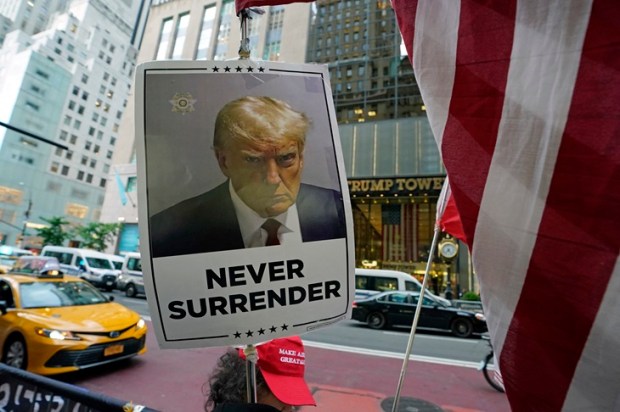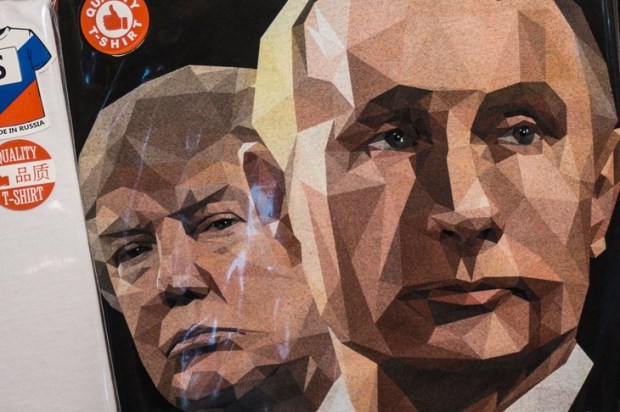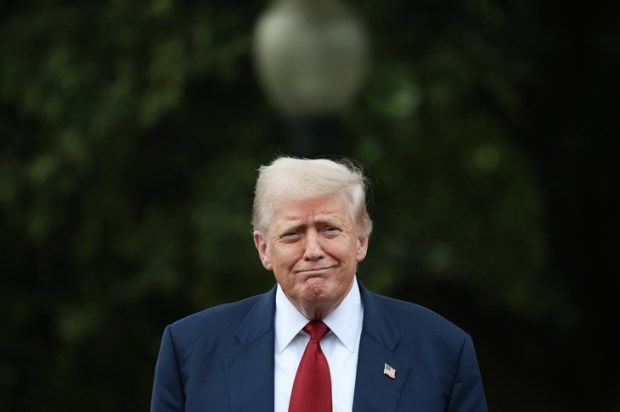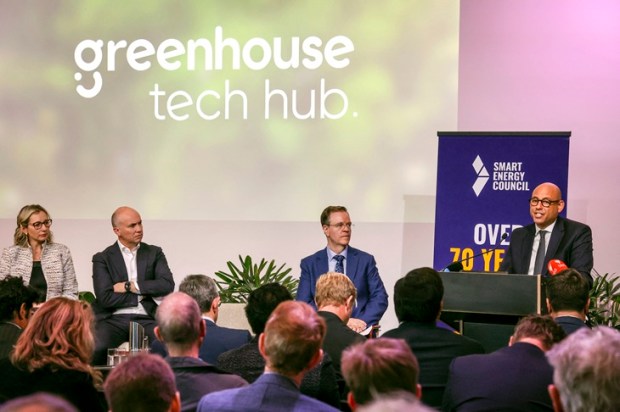The US presidential election resulted in many losers – Kamala Harris, the Democratic Party, identity politics, the Hollywood elite, Net Zero, open borders globalism, gender theory, the bureaucracy – but one more must be added to the list: ‘fact-checking’.
After the first presidential debate on CNN between Donald Trump and then Democrat candidate Joe Biden, the moderators were criticised by other left-wing media for not interjecting more to ‘fact check’ the ‘misinformation’ being spread by Trump. In the next debate between Trump and Harris on the ABC network, the moderators made no such error. They ‘fact-checked’ Trump no less than five times.
Although this might have pleased Trump haters, it revealed some deep flaws in the very concept of fact-checking. These lessons are key for Australians as our politicians debate whether to proceed with the federal government’s proposed misinformation and disinformation laws.
The proposed law would require social media companies to censor ‘verified’ misinformation. The bill’s own explanatory memorandum makes clear that for social media companies to demonstrate they have verified whether content is misinformation or not, they will be expected to defer to third-party ‘fact-checking’ organisations and other ‘experts’.
The first flaw demonstrated in the second presidential debate was the difficulty to fact check in real-time. ABC moderator David Muir pulled up Trump on his claim that crime was skyrocketing. Muir said, ‘President Trump, as you know, the FBI says overall violent crime is actually coming down in this country.’ Trump responded that the FBI data was flawed, and this view was later completely vindicated. Revised FBI figures published after the debate indicate that violent crimes in 2022 had not fallen 2.1 per cent as originally reported, but had actually risen by 4.5 per cent.
The internet and social media operate quickly. For Australia’s misinformation laws to prevent the spread of false information, social media companies and the fact-checkers they rely on will have to have a predetermined view on what topics or claims are true or false. But that is not how the truth is arrived at. Truth is determined through open debate and the exposure of different claims to scrutiny, which is simply impossible in real-time, as Muir found out.
The second flaw revealed in the debate is the flimsy authority on which claims of ‘fact-checking’ are based. Trump was fact-checked for claims he made about illegal migrants in Springfield, Ohio and their treatment of pets. Muir again interceded: ‘I just want to clarify here … ABC News did reach out to the city manager there. He told us there have been no credible reports of specific claims of pets being harmed, injured, or abused by individuals within the immigrant community.’
The ‘city manager’ said? So, an elected politician, motivated to deny such a claim because of the embarrassment it would cause him, was relied upon as authority. IPA research has similarly revealed the shallow basis on which fact-checkers might ‘debunk’ a claim. A contrary opinion from a single ‘expert’ is sufficient.
The worst flaw revealed in the debate was the sheer bias of those doing the ‘fact-checking’. Whilst Trump was being constantly interrupted by the moderators, Kamala Harris was allowed to fire off a steady stream of falsehoods unimpeded. A quick, and non-exhaustive, list includes her claim that Trump will implement ‘Project 2025’, that Trump said there will be a ‘bloodbath’ after the election, that Trump said there were ‘fine people’ at a racist rally, that Trump would sign a national abortion ban, that police officers died during the January 6, 2021 Capitol riot, that the US does not have any military personnel deployed in an active warzone, and so on.
IPA research has revealed a similar bias by Australia’s three main fact-checking organisations. During last year’s referendum, they published 187 Voice related fact checks. 170 of these, or 91 per cent, were targeted against the ‘No’ case. When it comes to claims about climate change, the fact-checkers have targeted critics of the climate change agenda 81 per cent of the time. During Covid, they targeted critics of the official responses to the pandemic 94 per cent of the time.
The US presidential election result was an overwhelming, crushing defeat for the elites, most notably the legacy media. They spent the final weeks of the presidential campaign calling Trump ‘Hitler’ and a ‘fascist’. Yet on election day the American public voted for him anyway. They simply no longer believe the media, and its ‘fact checks’ are rejected as meaningless partisanship.
Yet the same class of journalists, academics and activists so resoundingly rejected in the US are being empowered in Australia. The proposed misinformation bill that has been rushed through federal parliament, if passed, will see ‘fact checkers’ granted far more influence than simply the ability to disrupt a debate. They will be able to silence online opinions. Time will tell if Australians send these arbiters of ‘truth’ the same message as American voters.
John Storey is the Director of Law and Policy at the Institute of Public Affairs.

























